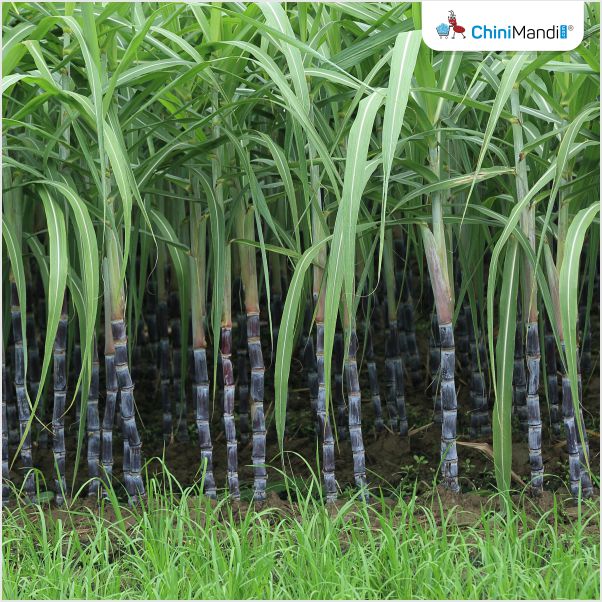Lucknow: Uttar Pradesh is supporting sugarcane farmers by developing 243 high-yielding sugarcane varieties till now, aimed at boosting their income and promoting greater prosperity. The initiative seeks to increase farmers’ earnings and strengthen the agricultural economy.
The Uttar Pradesh Council of Sugarcane Research has played a key role in this transformation by developing climate-resilient and disease-resistant sugarcane varieties. These innovations have significantly boosted yields and farmers’ earnings.
The institute is constantly making efforts for developing new sugarcane varieties and making seed cane available to the farmers.
CoS 97264 and many prominent varieties like CoS 767, CoS 8436, CoS 8432, CoS 88230, CoS 95255, CoSe 98231, CoSe 92423 ruled over the several decades, according to the Uttar Pradesh Council of Sugarcane Research.
This initiative forms a key part of the government’s broader strategy to strengthen the state’s agricultural economy and make sugarcane cultivation more profitable. Farmer-centric policies are yielding significant results, with the introduction of higher-yielding and more profitable varieties turning sugarcane farming into a viable and rewarding livelihood.
In line with the government’s directive, sugarcane committees across the state are also being strengthened to ensure timely technical support and advisory services for farmers.
Officials reported on Sunday that, over the past decade, the state has introduced a wide range of sugarcane varieties adapted to different agro-climatic zones. Currently, 59 major varieties are under successful cultivation across Uttar Pradesh, including 28 early-maturing and 31 mid-to-late maturing types—contributing to higher productivity and improved farmer returns. In total, 243 high-performing varieties have been developed to date.
Additionally, a breeder seed nursery spread over 267 hectares is playing a crucial role in supporting sugarcane growers. By providing certified, disease-free seeds, the nursery is helping farmers improve crop quality and resilience.
The newly developed varieties, characterized by strong resistance to pests and diseases, have helped reduce crop losses, lower input costs, and increase overall profitability. As a result, lakhs of sugarcane farmers across the state are directly benefiting from this technological advancement.
Furthermore, sugarcane cooperatives are being made more efficient and transparent. Their responsibilities—ranging from timely payments to the provision of quality seeds, fertilizers, training, and technical support—are being strengthened to ensure that farmers receive maximum support and benefit from government initiatives.

















[…] Source : Chinimandi […]